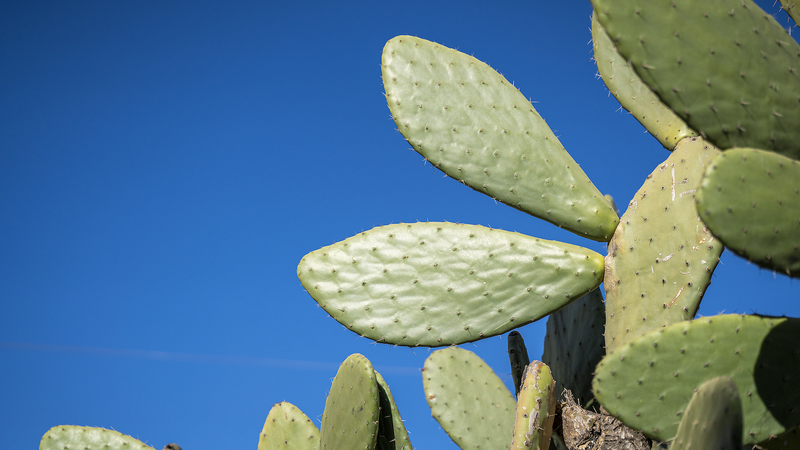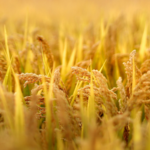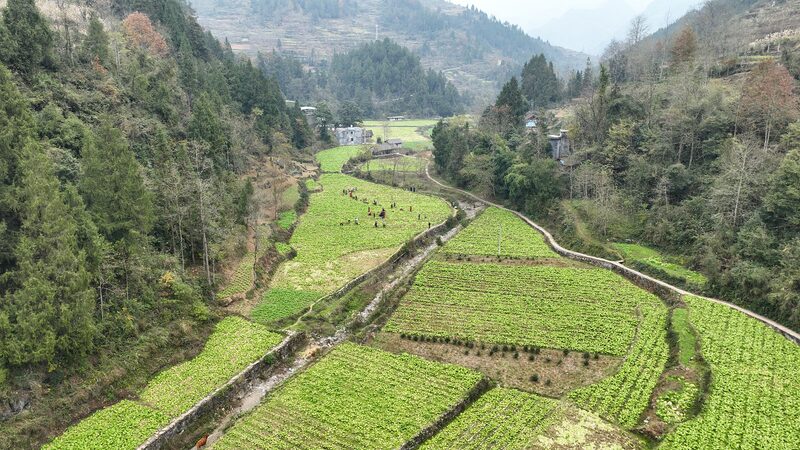Nestled in the rugged terrain of southwest China's Yunnan Province, Zhuangzitian village has transformed from an economically stagnant community into a thriving agricultural success story. Once defined by limited livelihoods, the village now leads the nation in cactus cultivation, with its innovative farming model generating unprecedented opportunities for rural development.
In August, Zhuangzitian achieved a historic milestone by exporting 20 tonnes of edible cactus leaves to Southeast Asia – China's first international shipment of this unique crop. The breakthrough highlights how niche agricultural practices are reshaping economic prospects in remote regions.
Local farmers have developed specialized techniques to cultivate multiple cactus varieties, ranging from edible leaves to ornamental plants. This diversification has created year-round employment while addressing soil erosion challenges in mountainous areas. The industry now supports over 300 households, with annual per capita income tripling since 2020.
Analysts note the development aligns with broader efforts to revitalize rural economies through sustainable agriculture. "This demonstrates how localized solutions can drive inclusive growth," said agricultural economist Li Wei. "Zhuangzitian's model offers valuable insights for other developing regions in Asia."
With plans to expand processing facilities and develop cactus-based health products, local authorities aim to position Yunnan as a global hub for cactus innovation. The success story has attracted attention from agricultural researchers and development organizations seeking replicable models for rural transformation.
Reference(s):
cgtn.com







